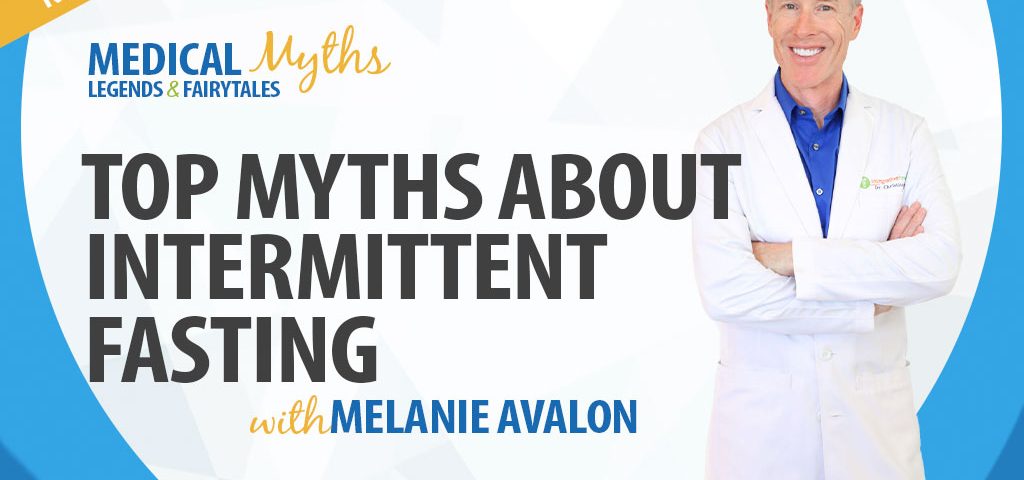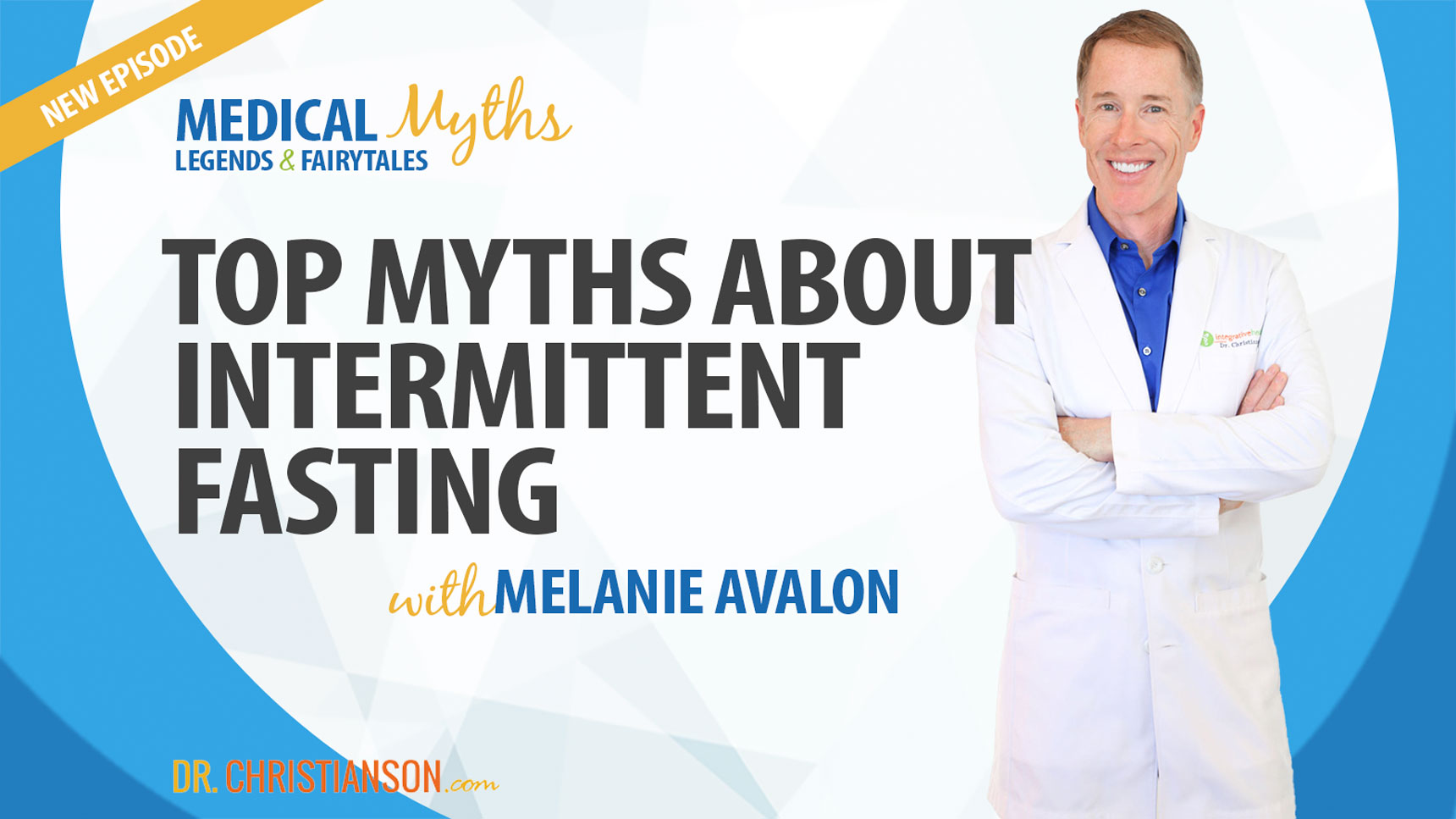Top Myths About Intermittent Fasting with Melanie Avalon
Between the latest online fads and the crazy media headlines, it’s easier than ever to get confused about your health. If you want to make better decisions about your health today so you can feel better and live longer, you’ve come to the right place.
Intermittent fasting is one of the trendiest ways to lose weight these days, but is it really that effective, or that good for your overall health? Is intermittent fasting superior to other methods of controlling dietary intake? Intermittent fasting may not seem like the clear-cut winner in controlled settings, but real-world applications tell a different story.
I’m joined today by certified nutritionist Melanie Avalon, author of The What, When, Wine Diet to shed some light and understanding on what seems like a simple alternative to counting calories. Melanie defines this relatively new dieting trend that is gaining popularity and shares her experiences as someone who has utilized the plan for over 10 years. She offers guidelines to help determine if intermittent fasting is the right choice for you, examines the implications of the diet, and shares recommendations for anyone who wants to safely and effectively attempt intermittent fasting in an attempt to lose more weight and gain more control over their health.
Key Takeaways:
(1:06) Today’s topic is intermittent fasting — its scientific implications and real world applications.
(2:05) Dr. C introduces Melanie Avalon and admits that the genesis of their conversations was focused on controversy.
(5:18) Melanie defines common intermittent fasting terms, including caloric restriction, time-restricted fasting and the 16/8 eating pattern.
(8:45) Does intermittent fasting give you a pass to eat whatever you want? Understanding macronutrients and the critical difference between carbs and fats.
(11:05) Melanie’s recommendations for those who have tried intermittent fasting and are still not losing weight include increasing satiety, decreasing caloric intake, and tracking food intake.
(18:45) A look at studies that have examined the relationship between alcohol calories and body weight gain.
(20:05) Melanie offers guidelines to help determine if intermittent fasting is the right choice for you.
(24:50) Is it possible to live to be 120 years old? Dr. C. expounds on the correlation between protein intake and achieving your genetic longevity and health potential.
(30:23) A snapshot of the cultivated meat project and how it might affect the body’s ability to process protein.
(38:16) What are the implications of intermittent fasting on cortisol, blood sugar regulations, and circadian rhythms? Melanie shares the findings of studies regarding women fasting and early time-restricted feeding.
(43:03) Rodent trials have shown that 48-hour fasting results in 20% of body weight loss, but how does that translate to the results of human fasting protocols? Possible benefits and possible harm, as well as human mindset all have to be considered before making conclusions.
(48:57) The real-life applicability of intermittent fasting has to consider the real-world experience and the compliance rates for fasting protocols versus calorie restrictions.
(54:08) Do you have a topic you’d like me to cover? Contact me on Facebook or Instagram using #medicalmyths.
Did you find this episode helpful? Let us know by leaving a review! Visit these links to learn more:
- https://www.drchristianson.com/
- Dr. Christianson on Facebook
- Dr. Christianson on Instagram
- Melanie Avalon –
- The What, When, Wine Diet: Paleo and Intermittent Fasting for Health and Weight Loss by Melanie Avalon
- The Intermittent Fasting Podcast
- The Melanie Avalon Biohacking Podcast
Subscribe for more Medical Myths, Legends, & Fairytales:










